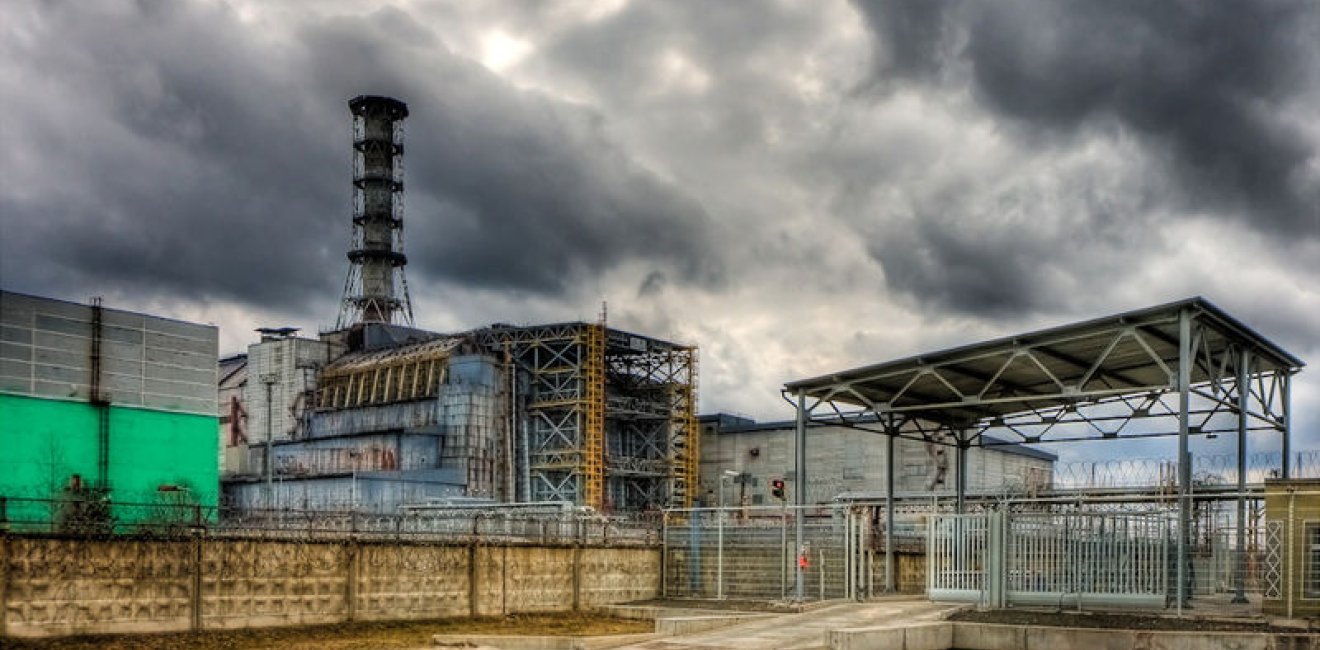Photo: Entrance gate to the Chernobyl reactor zone (2009)
NPIHP is pleased to announce the addition of new documents on the Chernobyl nuclear disaster to its online Digital Archive. Four documents chart the unfolding crisis, from early warning signs during the plant's construction in 1979, to the first urgent report of a catastrophic accident on April 26, to post-disaster analysis tracking the radioactive fallout from Ukraine.
DOCUMENTS
February 21, 1979 - Yuri Andropov, then Chairman of the KGB, reports concerns about the Chernobyl nuclear plant. Serious flaws in the construction "might lead to failures and accidents."
April 26, 1986 - The Soviet Ministry of Power and Electrification reports on an explosion and fire at the Chernobyl Atomic Power Station in Ukraine. The Soviet Ministry of Heath has determined that "it is not required to take special measures, including the evacuation of the population from the city."
May 23, 1986 - Report from the Lithuanian Academy of Sciences on radiation levels detected in May 1986 following the Chernobyl nuclear accident. Both atmospheric tests and tests of food products like milk and honey showed elevated levels of radiation and radioactive isotopes which were “dangerous to the health of the population.”
September 16, 1986 - In a follow up to their earlier May report, the Lithuanian Academy of Sciences summarizes levels of radiation detected between April and August 1986 following the Chernobyl nuclear accident. Atmospheric tests showed a sharp rise in radiation levels in late April, up to 50 times higher than Soviet standards for safe levels of exposure.






